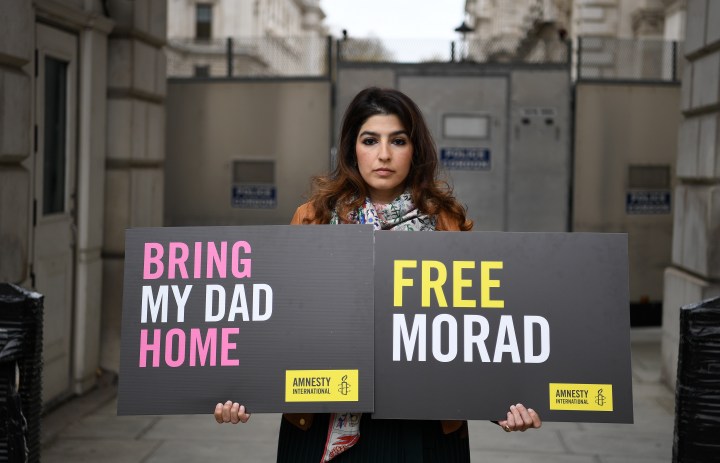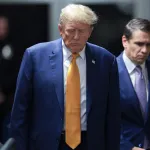Prisoner swap
US prisoners fly out of Iran in swap deal after $6 billion unfrozen

DOHA, Sept 18 (Reuters) - Five U.S. detainees flew out of Iran on Monday in a swap for five Iranians held in the U.S. under a rare deal brokered by Qatar between the arch enemies that also unfroze $6 billion of Tehran's funds.
A Qatari plane took off from Tehran carrying the five with two of their relatives, shortly after the U.S. and Iran received confirmation that the funds had been transferred to accounts in Doha, a source briefed on the matter told Reuters.
Iran’s Press TV said two of the five Iranians to be released in the exchange had landed in Doha. There was no independent confirmation, though Iranian officials had said three of those to be freed by the U.S. were not returning to Iran.
The funds’ release triggered an exchange sequence agreed after months of talks between the United States and Iran, who are at odds over Tehran’s nuclear ambitions and other issues.
The five Americans with dual nationality are due to fly to Doha and then on to the U.S. “They are in good health,” an Iranian official briefed on the process said.
Iran’s Foreign ministry spokesperson Nasser Kanaani said two of the Iranians being released would return to Iran while two would stay in the U.S. at their request. One detainee would join his family in a third country, he added.
Kanaani said the funds, blocked in South Korea after U.S. sanctions on Iran were hardened in 2018, would be available to Tehran on Monday. Under the deal, Qatar will ensure the cash is spent on humanitarian goods and not items under U.S. sanctions.
The deal will remove a major irritant between the U.S., which brands Tehran a state sponsor of terrorism, and Iran, which calls Washington the “Great Satan”.
But they remain deeply divided on other issues ranging from Iran’s nuclear programme and its influence around the region to U.S. sanctions and America’s military presence in the Gulf.
Qatar, a tiny but hugely wealthy Gulf Arab energy producer, has sought to raise its global profile, hosting the soccer World Cup last year and carving out a role in international diplomacy. The Sunni Muslim nation hosts a big U.S. military base but has also forged close ties with Shi’ite Muslim Iran.
SHUTTLE DIPLOMACY
Doha hosted at least eight rounds of talks with Iranian and U.S. negotiators sitting in separate hotels, speaking via shuttle diplomacy, a source previously told Reuters.
The transfer of Iran’s funds under the agreement has drawn criticism from U.S. Republicans who say President Joe Biden, a Democrat, is in effect paying a ransom for U.S. citizens.
The White House has defended the deal.
The U.S. dual citizens to be released include Siamak Namazi, 51, and Emad Sharqi, 59, both businessmen, and Morad Tahbaz, 67, an environmentalist who also holds British nationality. They were released from prison and put under house arrest last month.
A fourth U.S. citizen was also released into house arrest, while a fifth was already under house arrest. Their identities have not been disclosed.
Iranian officials have named the five Iranians to be released by the U.S. as Mehrdad Moin-Ansari, Kambiz Attar-Kashani, Reza Sarhangpour-Kafrani, Amin Hassanzadeh and Kaveh Afrasiabi. Two Iranian officials previously said that Afrasiabi would remain in the United States but had not mentioned others.
Ties between Washington and Tehran have been boiling since Donald Trump, a Republican, pulled the U.S. out of a nuclear deal between Iran and global powers when he was president in 2018. Reaching another nuclear deal has gained little traction since, as Biden prepares for the 2024 U.S. election.
As a first step in the deal, Washington waived sanctions to allow the transfer of $6 billion in Iranian funds from South Korea to Qatar. The funds were blocked in South Korea, normally one of Iran’s largest oil customers, when Washington imposed sweeping financial sanctions on Tehran and the cash could not be transferred.
By Andrew Mills
(Reporting by Andrew Mills in Doha, Elwely Elwelly in Dubai and Hyonshee Shin in Seoul; Writing by Edmund Blair; Editing by Andrew Cawthorne)



















Comments - Please login in order to comment.